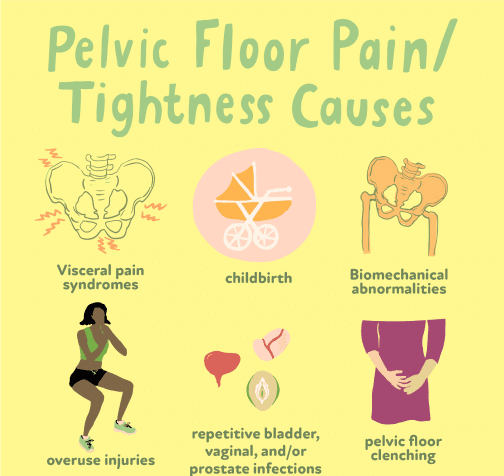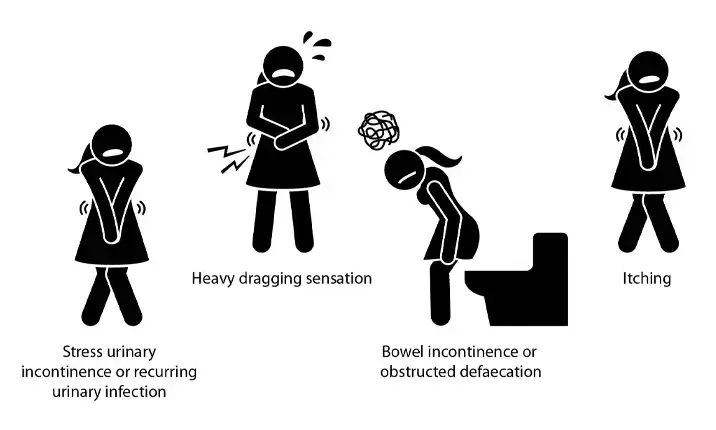
The pelvic floor is a group of muscles and ligaments that form a sling across the bottom of your pelvis, supporting your bladder, bowel, and uterus (in women). It plays a vital role in core stability, bladder and bowel control, and sexual function. Despite its crucial functions, pelvic floor health is often overlooked, leading to various uncomfortable and often embarrassing issues for women throughout their lives, especially during pregnancy, postpartum, and menopause.
Why is Pelvic Floor Health Important?
A strong and functional pelvic floor is essential for:
- Continence: Preventing involuntary leakage of urine or stool.
- Organ Support: Holding pelvic organs in place, preventing prolapse.
- Core Stability: Working in conjunction with deep abdominal and back muscles for trunk stability.
- Sexual Function: Contributing to sensation and satisfaction.
- Childbirth: Flexibility and strength are crucial for vaginal delivery and postpartum recovery.
Common Pelvic Floor Issues in Women
Weakness or dysfunction in the pelvic floor can lead to conditions such as:
- Urinary Incontinence: Leakage during coughs, sneezes, laughs, or exercise (stress incontinence), or a strong, sudden urge to urinate (urge incontinence).
- Pelvic Organ Prolapse: When one or more pelvic organs drop into or outside of the vagina.
- Pelvic Pain: Chronic pain in the lower abdomen, pelvis, or perineum.
- Painful Intercourse: Dyspareunia due to muscle tightness or weakness.
- Diastasis Recti: Separation of the abdominal muscles, often occurring during pregnancy.
- Constipation: Difficulty with bowel movements due to pelvic floor dysfunction.

How Women's Health Physiotherapy Can Help
Specialized women's health physiotherapists are experts in assessing and treating pelvic floor dysfunction. They can provide personalized care, which may include:
- Thorough Assessment: Including external and internal examinations to evaluate muscle strength, coordination, and tenderness.
- Pelvic Floor Muscle Training (Kegels): Guiding you on how to correctly identify, strengthen, or relax your pelvic floor muscles. Many women perform Kegels incorrectly.
- Biofeedback: Using technology to help you visualize and feel your pelvic floor muscles working.
- Manual Therapy: Gentle techniques to release tight muscles or scar tissue.
- Education: Advice on bladder and bowel habits, fluid intake, diet, and lifestyle modifications.
- Core Strengthening: Exercises to improve overall core stability, which works with the pelvic floor.
- Pregnancy and Postpartum Care: Preparing the body for childbirth, addressing discomforts during pregnancy, and aiding recovery after delivery.

It's important to remember that pelvic floor issues are common, treatable, and not something you have to live with. Early intervention can prevent minor issues from becoming major problems. At Arogya Physiotherapy, we offer compassionate and expert care for women's health, empowering you to regain control and improve your quality of life. Don't hesitate to seek help.